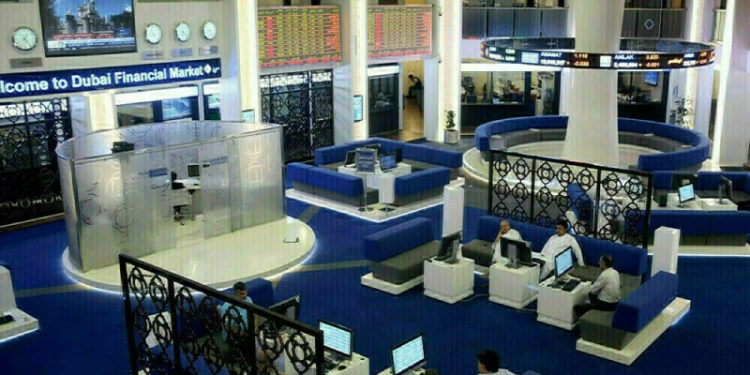KUALA LUMPUR: Malaysian palm oil futures dipped in early trade on Thursday and looked set to snap three earlier sessions of gains, weighed down by a stronger ringgit.
The ringgit, palm’s currency of trade, has steadily gained over 13 percent since the start of 2017, and was up 0.3 percent at 3.8990 against the dollar around noon.
A stronger ringgit makes palm oil more expensive for holders of foreign currencies.
The benchmark palm oil contract for April delivery on the Bursa Malaysia Derivatives Exchange was down 0.2 percent to 2,516 ringgit ($645.29) a tonne at the midday break.
Trading volumes stood at 12,269 lots of 25 tonnes each at noon.
“The market is down on the ringgit appreciation,” said a Kuala Lumpur-based trader, adding that the market is now focussed on Malaysia’s interest rate decision, due this afternoon.
“Many are expecting the central bank to raise rates,” he said.
Malaysia’s central bank is expected to raise its benchmark rate for the first time in 3-1/2 years, a Reuters poll showed, at a time that growth momentum has picked up yet not too close to national elections that must be held by August.
Meanwhile, exports of palm oil products from Malaysia fell 7 percent in the Jan. 1-25 period versus the corresponding period last month, according to data from cargo surveyor Intertek Testing Services on Thursday.
In other related edible oils, the March soybean oil contract on the Chicago Board of Trade rose 0.4 percent, while the May soybean oil on the Dalian Commodity Exchange slightly dipped 0.1 percent.
The Dalian May palm oil contract edged down 0.1 percent.
Source: Brecorder.com




























